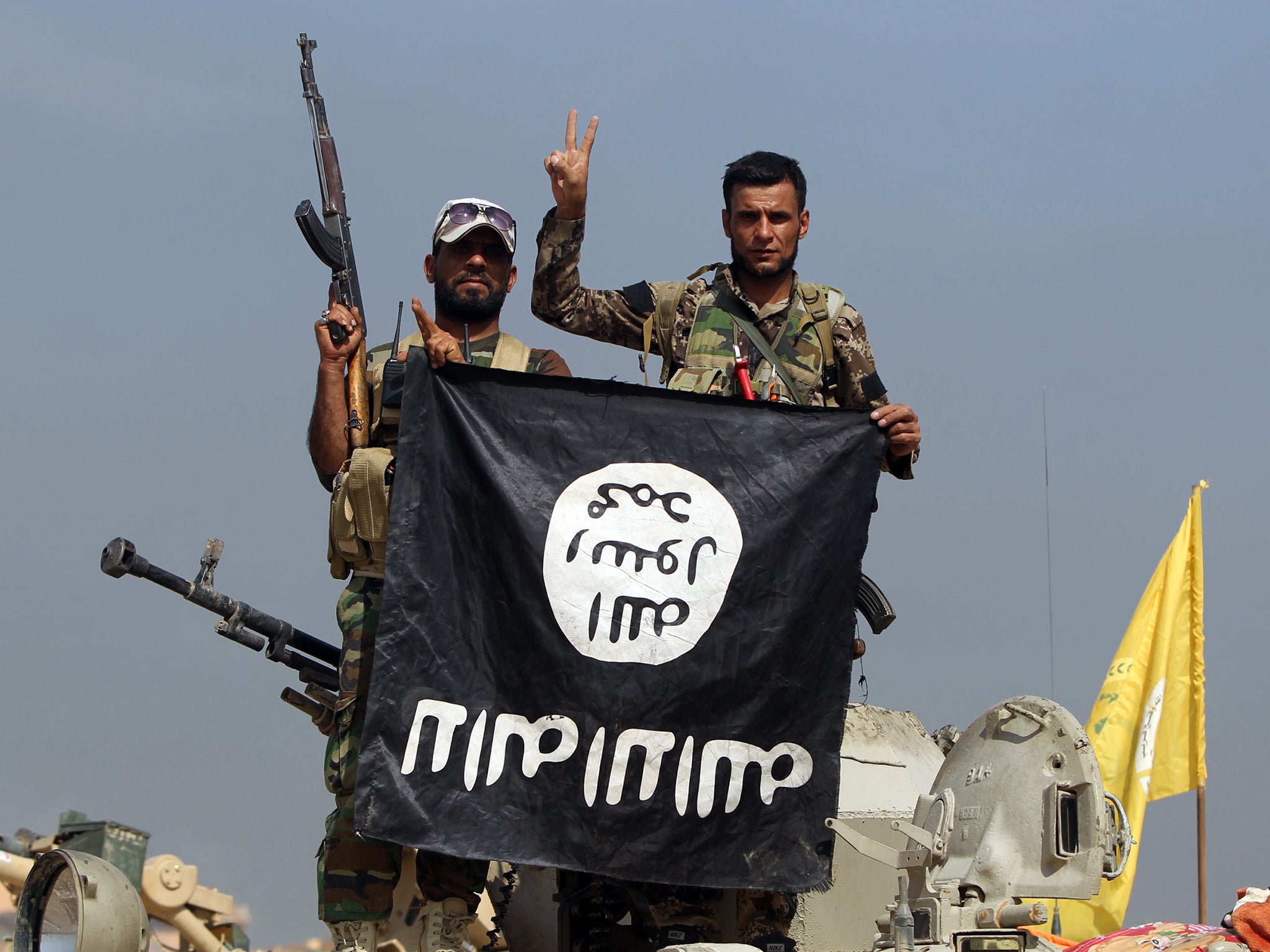Isis is feeling threatened in Syria – and that is why its reign of terror is spreading
Isis is under pressure on almost every front in Iraq and Syria. It cannot withstand ground attacks backed by precision bombing from the US-led air armada and the same is true of the Syrian army supported by Russian bombers


It was near inevitable that Isis should organise or inspire another atrocity in Western Europe after a string of defeats culminating in the loss of Fallujah to Iraqi government forces. Isis has always used acts of mass terrorism directed against civilians as a way of showing its strength and dominating the news agenda. It is part of its repertoire of tactics at all times, but particularly when it is suffering losses and hopes are rising that it is not only retreating but has gone into irreversible decline.
Isis had already reacted to defeat at Fallujah by sending a vehicle packed with explosives into the Karada district of Baghdad, where it exploded, killing 292 people. This happened just as the Iraqi government was congratulating itself on taking the city which people in the Iraqi capital believed was the source of many of bombs that have slaughtered them over the last three years.

Isis now claims that Mohammed Lahouaiej Bouhlel, who drove his truck through crowds of people in Nice, was one of their “soldiers”. It is possible that they did not know what was going to happen until it was over, but the attack has all the hallmarks of an Isis mass killing: it was directed against civilians in a very public place and its savagery was so extreme that it inevitably instils fear and dominates the world news agenda for days on end. All that was needed to carry it out was a fanatical perpetrator willing to be killed as a proof of his faith.
This was the tactic of al-Qaeda, shown most famously on 9/11, but Isis has used it on a greater scale and, even when it is on the retreat in Iraq and Syria, it can mobilise bombers swiftly and effectively.
The Isis attack on Ataturk Istanbul International Airport was carried out by gunmen and bombers from Central Asia, whom Turkish security had not identified as a threat because it supposed they were committed to overthrowing President Bashar al-Assad and his regime in Syria. What gives Isis’ terrorism its relentless quality is that it is backed by a well-organised, if battered, state machine in the form of the so-called caliphate, that can mobilise men, equipment, expertise and money.
Isis is under pressure on almost every front in Iraq and Syria. It cannot withstand ground attacks backed by precision bombing from the US-led air armada and the same is true of the Syrian army supported by Russian bombers. This may weaken Isis, but does not put it permanently out of business because it can revert to guerrilla warfare and wait for its numerous enemies to fall out, as they invariably do. The Iraqi and Syrian governments are short of good combat troops and have difficulty occupying the territory they have taken.
It is often said that there can be no peace in Iraq without conciliating the Sunni Arabs, the community from which Isis draws its strength, but this is to underestimate the sectarian and ethnic cleansing now being carried out by all sides in the civil war engulfing Iraq and Syria. An increasing number of the Sunni Arab community in both countries – one-fifth of the population in Iraq and three-fifths in Syria – are being permanently displaced and are unlikely to go home.
The sectarian map of this part of the Middle East is being permanently redrawn, which can only intensify the fighting. Isis is a long way from total defeat, but it is giving up population centres and has not made a successful counter-attack for over a year. It will seek to spread its networks of militants to other countries and make sure that its retreats are masked by further atrocities like the ones in Baghdad and Nice.
Join our commenting forum
Join thought-provoking conversations, follow other Independent readers and see their replies
Comments
Bookmark popover
Removed from bookmarks